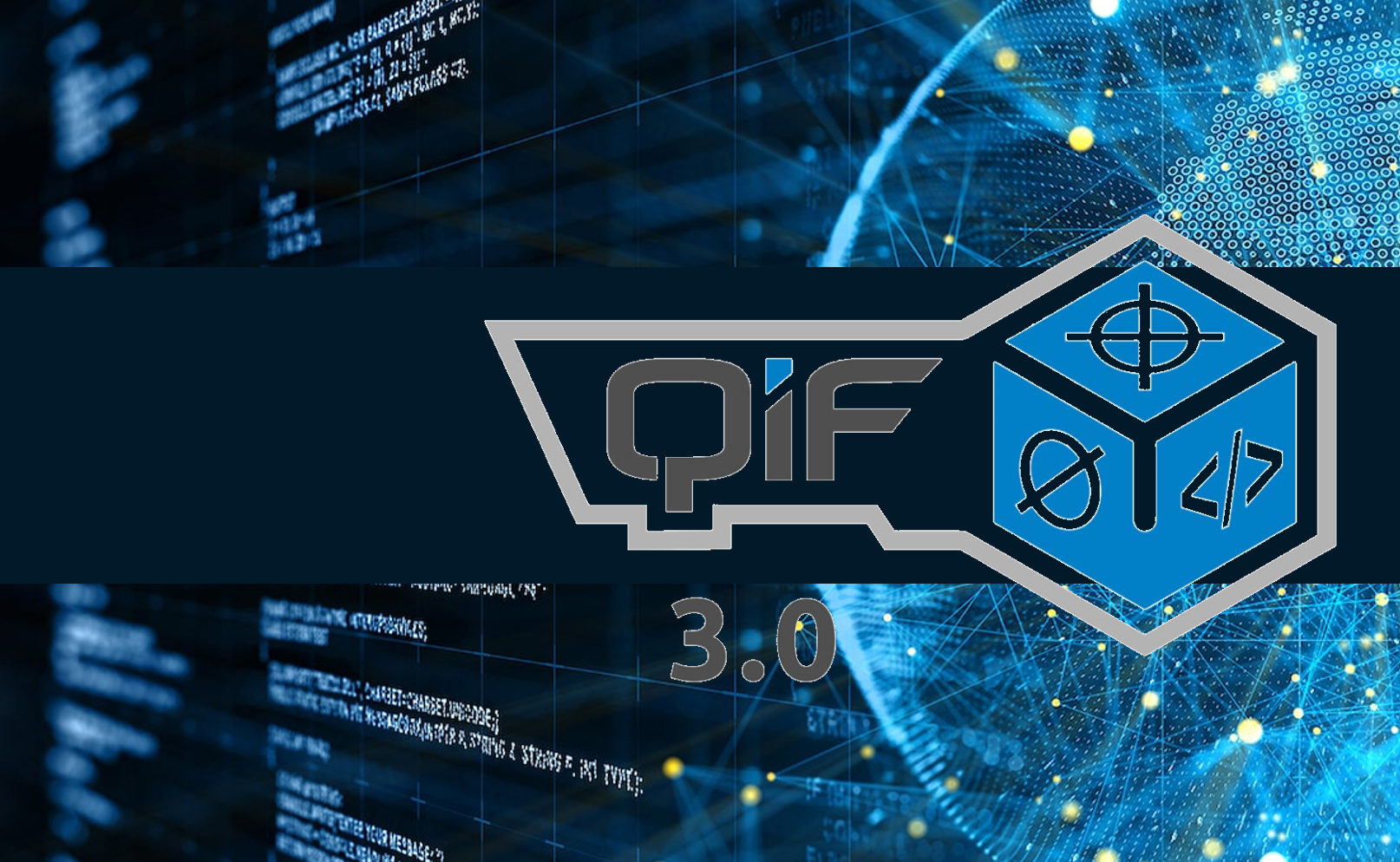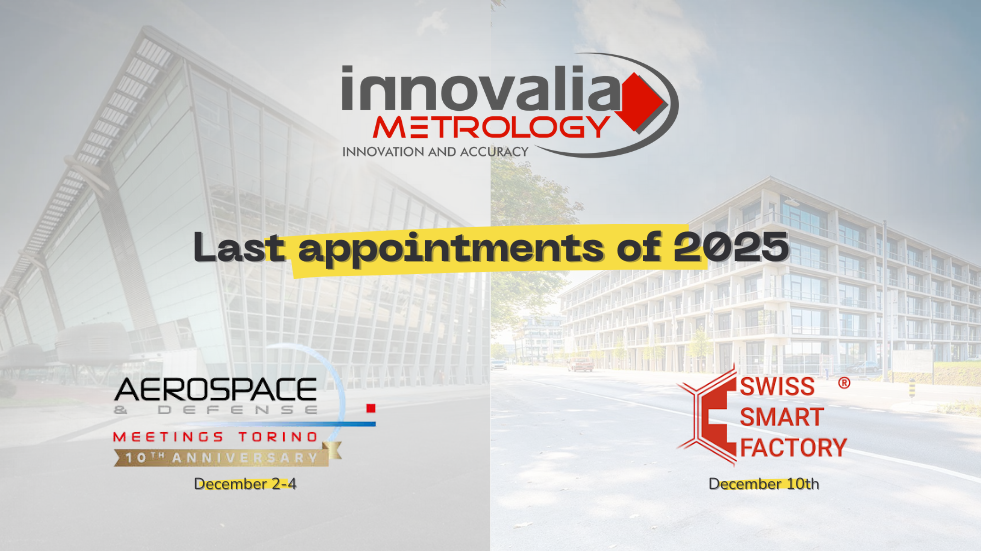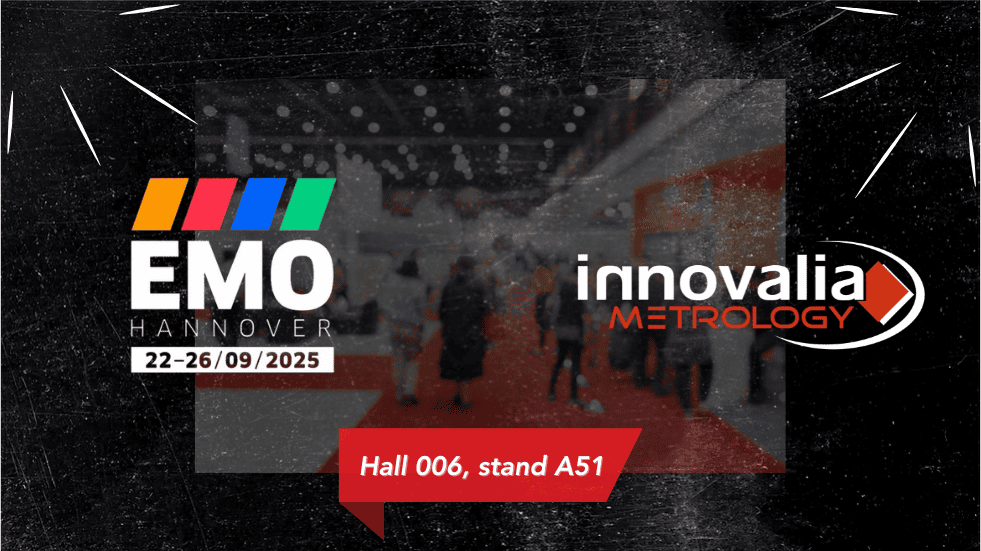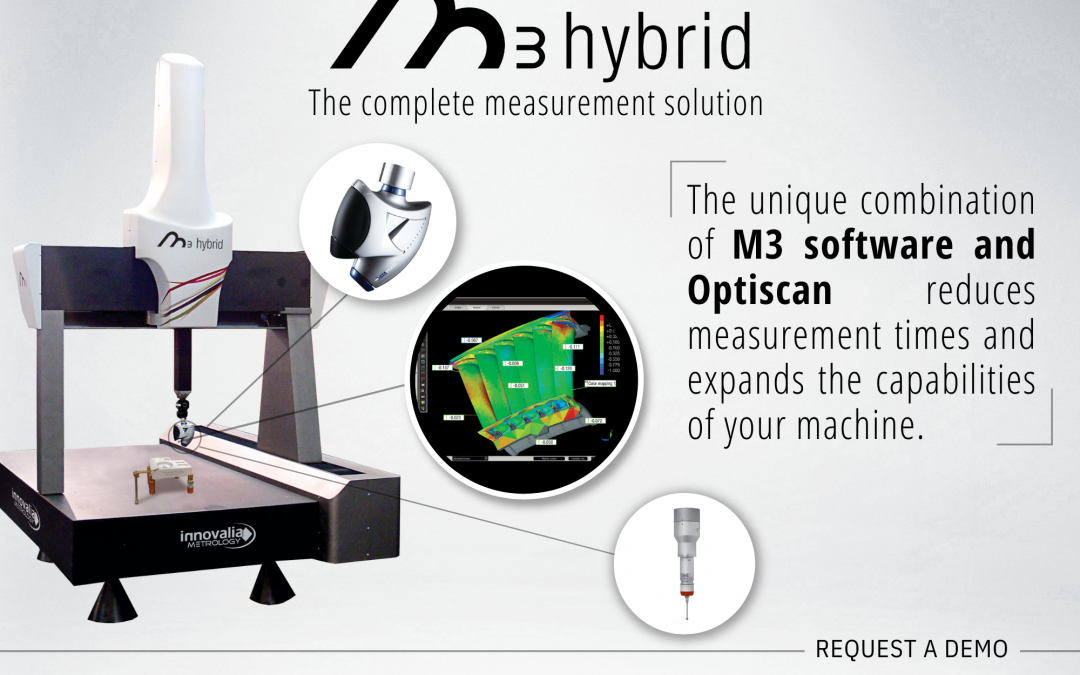Innovalia Metrology has been committed for more than 10 years to interoperability through different formats and standards such as: .DMI, DMO ,. QIF, .M3 or .CSV. to offer a complete integration and to favor the optimal data transmission in quality management processes.
Toni Ventura, General Manager of Datapixel, a company that is part of Innovalia Metrology together with Trimek and Unimetrik, is part of the group within the DMSC that has promoted the achievement of the new standard. Furthermore, the collaboration between Innovalia Metrology, the DMSC, and the NIST has always been close, with the aim of collaborating, developing and applying standards that will promote interoperability.
Through Metromeet, International Conference on Metrology, which takes place in Bilbao, organized by the Innovalia Group, has been stablished a close collaboration with members of the DMSC with the aim of establishing discussion forums with senior representatives of the European industry about standards. Forums that have lived over time and in Metromeet editions, allowing Innovalia Metrology, sponsor of the conference, to be part of the progress towards a better connected industry.
Innovalia Metrology’s M3 measurement software is fully compliant with the QIF (Quality Information Framework) standard intended to help manufacturers reducing costs, providing a common format for measurement results, and enable digital transformation through MBE (Model Based Enterprise).
The new standard, known as ISO 23952:2020, is available directly from ISO, and officially titled “Automation systems and integration — Quality information framework (QIF) — An integrated model for manufacturing quality information”. The standard seamlessly defines, organizes, and associates quality information including: measurement plans, resources, part geometry with product and manufacturing information (PMI), rule templates for measurement , results, and statistical analysis. QIF 3.0 was accepted as an ANSI (American National Standards Institute) standard in 2018, then submitted for ISO “harvesting” by technical committee ISO/TC 184/SC 4 in early 2019, becoming approved, and officially published by ISO in July, 2020.




